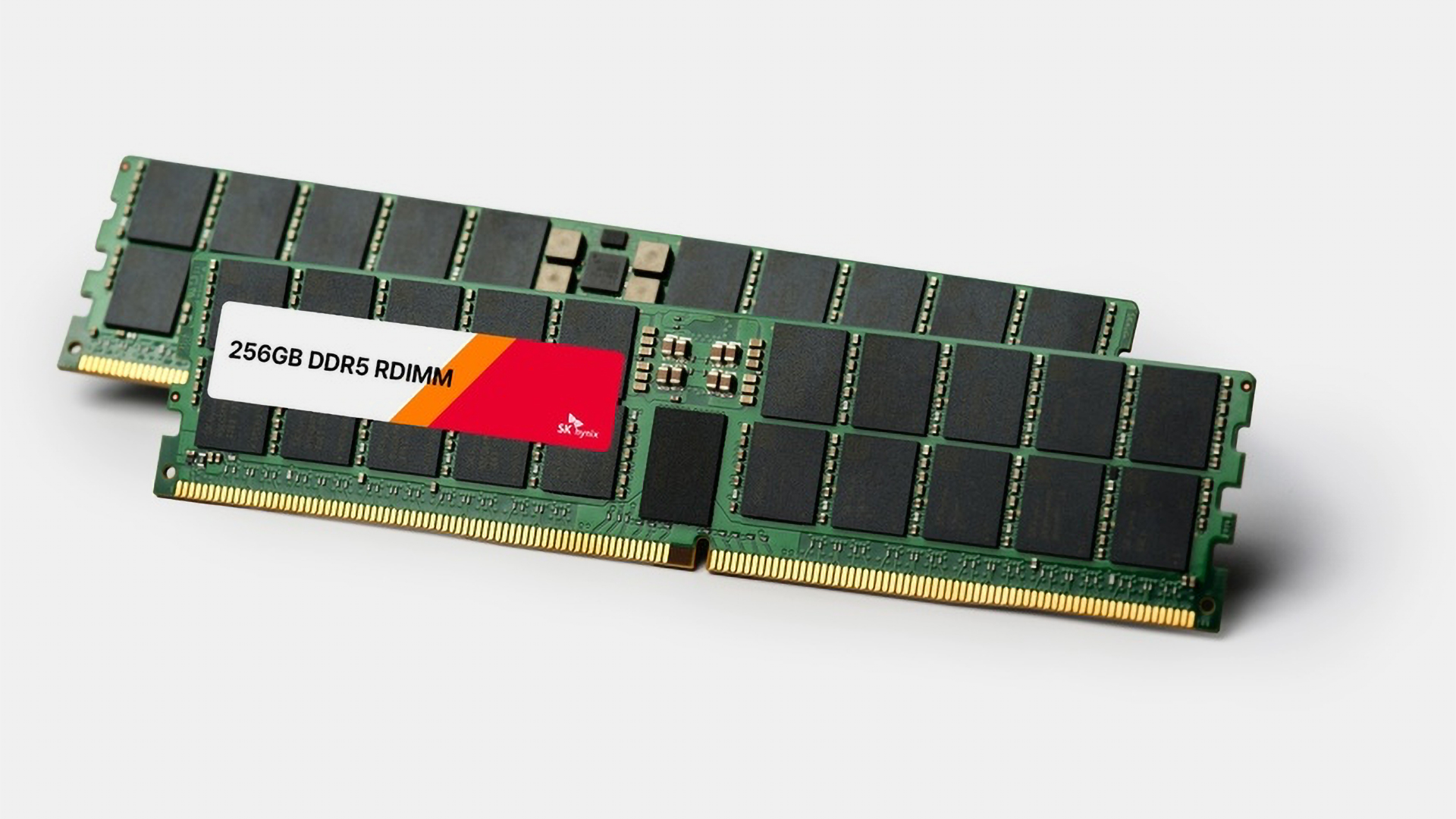New benchmarks of Intel’s Lunar Lake CPUs reveal that the efficiency-optimized architecture has some serious chops when it comes to gaming. YouTuber 极客湾Geekerwan discovered that the Core Ultra 7 258V with its Xe2 integrated graphics surpasses the performance of AMD’s Ryzen Ai 9 HX, and Z1 Extreme handheld gaming champ in several gaming benchmarks.
In Black Myth: Wukong at 30W at 1080P, the Ultra 7 258V was 10% faster than the Ryzen AI 9 HX 370 and 20% faster than the Core Ultra 9 185H. Cyberpunk 2077 showed even greater gains for the Lunar Lake chip, with the Ultra 7 258V outpacing the Ryzen Ai 9 HX 370 and Ultra 9 185H processor by 38%. In Red Dead Redemption 2, the 285V was 50% faster than its Ryzen counterpart and 37% faster than its Meteor Lake Ultra 9 predecessor.

Watch On
Intel 30 Watts vs AMD 80 Watts #Gaming#Intel #LunarLake #IntelCoreUltra #Apple #AMD #Qualcomm #Snapdragon #SnapdragonXseries #ARM #AppleEvent #Ryzen Source:- https://t.co/1A0hbudnQ2 pic.twitter.com/GbPz0hTmDvOctober 3, 2024
This behavior was similar in the other games the reviewer tested, including CS2 and Genjin Impact. The only game where the Lunar Lake chip struggled was in Elden Ring, where it was only 8% faster than the HX 370. The 285V also lost to its Meteor Lake predecessor in the game, with the Ultra 9 185H being 25% quicker.
When constrained to 15W, Lunar Lake’s performance shifts to an entirely new level. For the 15W comparisons, the reviewer includes AMD’s Van Gough APU in the Steam Deck and the Z1 Extreme in addition to the Ryzen AI 9 HX 370 and Ultra 9 185H.
In Cyberpunk 2077, the 258V was roughly twice as fast as all four of its competitors, with a frame rate of 28 fps at 720p. The Z1, HX370, 185H, and Van Gough APU all had frame rates in the low teens, with the fastest AMD chips only being able to output 13 fps. 1% lows were also even more in favor of Lunar Lake, with the 285V pulling a 3x to 9x performance advantage over the rest of the chips.
The review compared the 258V to the Snapdragon X Elite, Ryzen AI 9 HX 370, and Ryzen 9 185H at different TDPS to highlight Lunar Lake’s efficiency, opting to use significantly higher TDPs for the more power-hungry chips. The Ultra 7 258V was benchmarked at 30W, HX 370 80W, and 185H at 90W.
In this comparison, Black Myth Wukong performed best on the HX 370 at 44 fps, but the Lunar Lake 258V wasn’t too far behind at 35 fps. The Meteor Lake chip was just behind its successor at 34 fps. The Snapdragon X Elite (unsurprisingly) failed to run the game. The Ryzen HX 370 was 25% faster than the Core Ultra 7 258V; however, it consumed nearly three times the power to do it.
Cyberpunk 2077 showed similar results. The Ryzen HX 370 was the performance leader at 45 fps, Lunar Lake was the runner-up at 33 fps, and the Meteor Lake chip was running at 32 fps. The Snapdragon X Elite didn’t crash in this particular title and ran the slowest at 21 fps. The Ryzen AI 9 HX 370 was 36% faster than the Lunar Lake Core Ultra 7 258V, but again, consuming significantly more power to do so.
Red Redemption 2 was one of the few titles that actually saw the Lunar Lake Core Ultra 7 258V beating the whole lot, even with its severe power disadvantage. The 258V dished out 61 fps in this particular title, the Ryzen AI 9 HX 370 56 fps, Core Ultra 9 185H 48 fps, and Snapdragon X Elite 35 fps. The Core Ultra 7 258V was 9% faster while consuming nearly three times less power.
The rest of the games showed similar results, with the Lunar Lake chip maintaining competitiveness with the rest of the pack despite consuming the least amount of power. Technically, the Snapdragon X Elite would probably match or consume less power than Lunar Lake, but the reviewer couldn’t get power readings for the Snapdragon chip. Regardless, the ARM-based processor was no match for Lunar Lake’s Xe2 graphics engine.
极客湾Geekerwan testing reveals that Lunar Lake packs a serious punch when it comes to power-efficient PC gaming. It is very power efficient in regular applications and can provide better performance than the best handheld gaming PCs on the market, including systems powered by AMD’s Z1 Extreme flagship. As a result, it is very possible we might see a Lunar Lake-powered handheld gaming PC in the future.






